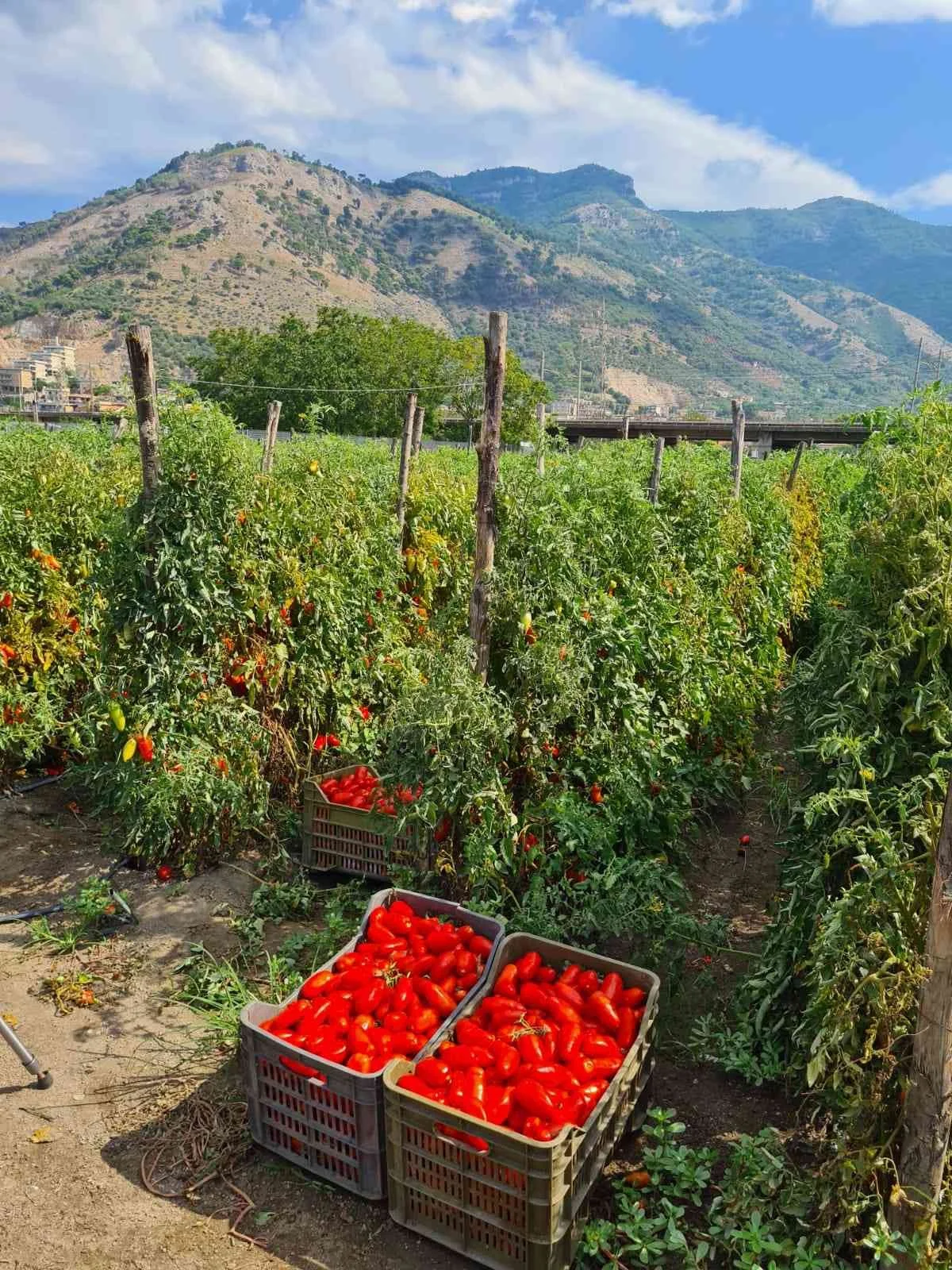Being born again, not of corruptible seed, but of incorruptible, by the word of God, which liveth and abideth for ever. 1 Peter 1:23
The San Marzano tomato was bred in the rich volcanic soils surrounding the infamous Mount Vesuvius. Since it first began to be commercially produced in 1926, this heirloom variety has been prized worldwide for its rich sweetness, impressive root structure, and resilience to disease.
While the seed of a San Marzano tomato may seem inert, it contains propagating power. Placed into moist soil, a thriving plant will soon emerge. Given optimal growing conditions, this variety will yield a high volume of quality tomatoes. But eventually, even this choicest of tomato plant will cease to bear fruit; in time, it will wither and die.
As the San Marzano was extracted from the best vegetable stock of the Italian Peninsula, God chose ‘Abram, and broughtest him forth out of Ur of the Chaldees, and gavest him the name of Abraham’ (Nehemiah 9:7). Determining to propagate His people from this stock, Jehovah said to Abram: ‘I will make thy seed as the dust of the earth: so that if a man can number the dust of the earth, then shall thy seed also be numbered’ (Genesis 13:16).
Yet as noble as Abraham was, simply being of his literal seed did not ensure success. Besides being subject to bodily corruption, as are all of Adam’s descendants, the biological children of Abraham proved themselves prone to moral corruption. In proportion to the rich blessings received for their obedience, the seed of Abraham reaped a dreadful curse for their disobedience.
In spite of all tokens to the contrary, the Jews of Christ’s day looked upon their descent from Abraham as a guarantee of God’s favour. When Jesus indicated that they were in bondage to sin, the Jews retorted: ‘We be Abraham's seed, and were never in bondage to any man’ (John 8:33). Nicodemus was likewise blind to his true condition by this sense of genealogical privilege. This noblest among the Pharisees was unprepared for the revelation that he was unfit for heaven when Jesus declared to him: ‘Ye must be born again’ (John 3:7).
The life in Abraham’s seed was temporal, and subject to the corruption and death resulting from Adam’s sin. But the word of God, on the other hand, is not subject to corruption. When rooted in the heart of man, God’s word imparts life that is ‘incorruptible…which liveth and abideth for ever’.
As ‘the word of the Lord endureth for ever’, so does the man who has been born-again by it. Freed from the bondage of sin and the sentence of eternal condemnation that comes with it, ‘He that is begotten of God keepeth himself’ by the power of the word sown in his heart.
Christopher Sparks

